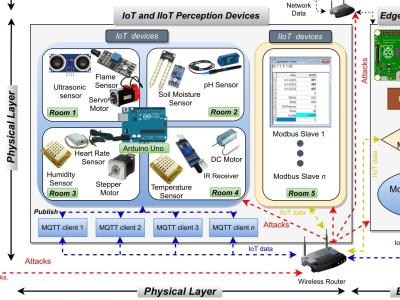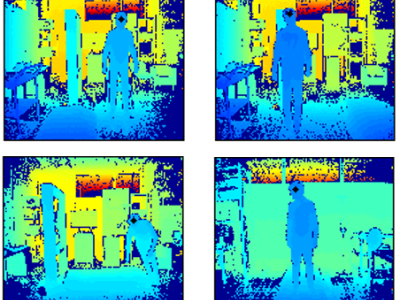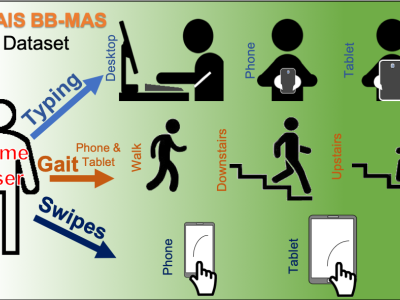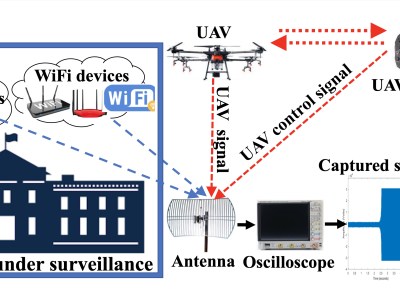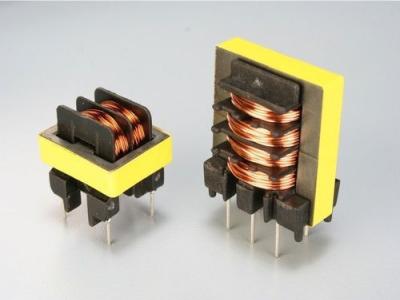Diagnostics wall harmonics current using wall flux sensor in Ar Plasma
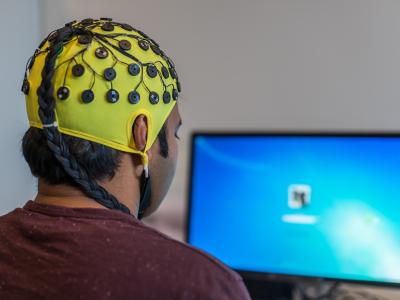
- Citation Author(s):
-
Sangjeen Hong (Myongji univ.)Yunseong Cho (Myongji univ.)
- Submitted by:
- Yunseong Cho
- Last updated:
- DOI:
- 10.21227/r0ze-z552
 75 views
75 views
- Categories:
- Keywords:
Abstract
As semiconductor devices have become increasingly miniaturized, the ability to control very small Critical Dimensions (CDs) during the etching process has become crucial through controlled plasma processes. Consequently, diagnosing plasma and reflecting this in the process to enhance yield is of paramount importance. Typically, an invasive sensor like a Single Langmuir Probe (SLP) is utilized for plasma diagnostics. However, using this sensor can affect the plasma, necessitating the use of non-invasive diagnostic methods. Optical Emission Spectroscopy (OES), as a non-invasive diagnostic method, does not alter the plasma during measurement, although it presents challenges in interpreting the physical significance of intensity variations across wavelengths. Despite these drawbacks, accurate measurement of plasma parameters (such as electron temperature TeT_eTe, electron density nen_ene, Electron Energy Distribution Function (EEDF), plasma potential VpV_pVp, and floating potential VfV_fVf) using SLP is crucial for diagnosing changes in the plasma. Therefore, this study proposes an alternative diagnostic method for plasma analysis. The proposed method utilizes a current sensor (wall flux sensor) placed on the chamber wall to capture harmonics. By employing this sensor along with OES, we observe the changes in harmonics and OES intensity variations in response to process variations. In this research, diagnostic data from OES and the wall flux sensor are acquired using a 300mm Inductively Coupled Plasma (ICP) system. Furthermore, by collecting and analyzing data from simultaneous measurements of the wall flux sensor and OES in a 300mm ICP etcher, this study seeks to establish the relationship between process-induced plasma changes and the conditions at the chamber walls.
Instructions:
.


